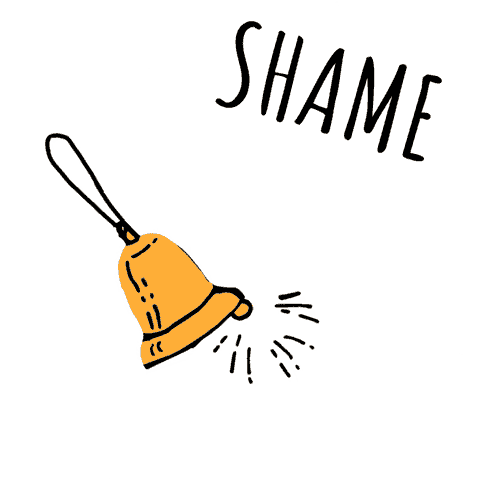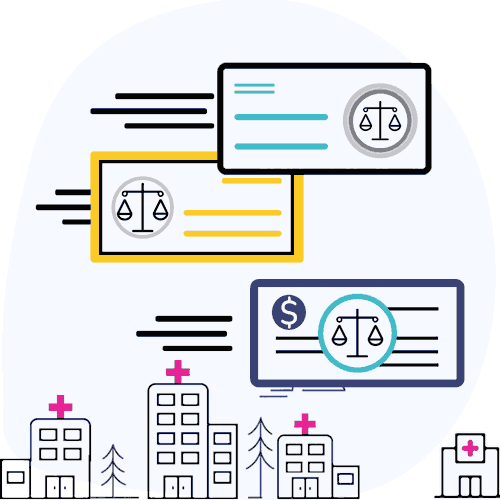Med-Legal Company Collects $1M From Appeals in 2023

How much money is your practice leaving on the table?
daisyData show that in 2023, one California client collected over $1 million from submitting Second Review appeals to dispute incorrect reimbursements.
As discussed often in this space, California effectively incentivizes claims administrators to underpay providers who treat injured workers. Meanwhile, the Division of Workers’ Compensation (DWC) ignores even the most blatantly non-compliant payment practices.
Providers have only two choices: be prepared to appeal every bill submitted or wave the white flag and give up on workers’ compensation.
Our client’s data is the best possible argument for tracking bill payment amounts, checking those amounts against the applicable fee schedules, and always submitting appeals when the claims administrator fails to pay appropriately.
See the details of the monthly appeal collections below—and if you haven’t already done so, institute Second Review appeals as a standard operating procedure in your practice.
CA Med-Legal Firm Rakes in SBR Revenue
The client is a Medical-Legal management company that facilitates evaluations for Qualified Medical Evaluators (QMEs) and Agreed Medical Evaluators (AMEs) and manages the billing.
Note to Medical-Legal evaluators using such management companies: You should be asking your management company to share payment data like that shown below, which confirms that the management company is sending Second Review appeals to dispute improper payments or denials.
In 2023, this client submitted 1,590 Second Review appeals and collected $1,015,676 in payment from those appeals—an average of $1,518 per appeal. For each month in 2023, the table below shows lists:
- Total count of appeals submitted
- Percentage of bills requiring an appeal
- Amount collected from appeals
- Average collection per appeal
2023 Month |
Count of Appeals Submitted |
% of Bills Appealed |
Appeal Total Collection |
Average Collection per Appeal |
Dec |
135 |
6% |
$63,284 |
$1,710 |
Nov |
139 |
6% |
$60,426 |
$1,511 |
Oct |
108 |
5% |
$53,217 |
$1,438 |
Sep |
98 |
5% |
$70,778 |
$1,726 |
Aug |
151 |
6% |
$63,262 |
$1,217 |
Jul |
185 |
10% |
$74,132 |
$988 |
Jun |
207 |
9% |
$116,609 |
$1,476 |
May |
122 |
6% |
$100,355 |
$1,761 |
Apr |
143 |
7% |
$86,195 |
$1,268 |
Mar |
128 |
6% |
$139,734 |
$2,025 |
Feb |
67 |
4% |
$81,329 |
$1,730 |
Jan |
107 |
5% |
$106,354 |
$1,587 |
Totals |
1,590 |
$1,015,676 |
$1,518 |
Each appeal above represents an erroneous payment denial or adjustment by a claims administrator. California law would have allowed the claims administrator to keep the $1M in appeal collections if this client failed to submit a Second Review appeal within 90 days of receiving the Explanation of Review (EOR).
Failure to submit a timely Second Review appeal means the provider forfeits the disputed reimbursement amount. Claims administrators know this, but too many providers don’t.
Armed with knowledge of the system and the technology to navigate it efficiently, this company saved over a million dollars in a single year—and all it took was a few extra clicks of the mouse per bill, as shown in the video below.
Protect Your Med-Legal Revenue
As we’ve explained repeatedly, California effectively incentivizes improper denials and payment adjustments to workers’ comp providers.
The state’s payer-friendly billing and payment processes default to the claims administrator’s advantage if the provider makes any errors—like failing to submit a timely appeal. This is no less true for Medical-Legal services, for which evaluators are often underpaid.
Worse, the stated reasons for these inappropriate denials and adjustments (listed on the EORs) are implausible at best and absurd at worst. They include:
- Preferred Provider Organization (PPO) discounts - Medical-Legal services are not subject to PPO discounts.
- Denial of charges for diagnostic testing - Diagnostic testing in a Medical-Legal context is payable, without authorization, if necessary to complete the evaluation.
- Lack of medical necessity - By definition, Medical-Legal services are not medically necessary. Duh.
- Lack of authorization - Medical-Legal evaluations are conducted at the request of one or both parties to the dispute, so no authorization is necessary or legally required.
- Liability/compensability disputed - The point of a Medical-Legal evaluation is to determine a claims administrator’s liability for an injury.
Claims administrators also fail to pay for medical record reviews correctly, billed using the specific record review code, MLPRR. At $3 per page, the amount owed for reviewing hundreds of pages adds up quickly. However, since claims administrators must formally attest to the exact number of pages submitted, sending a Second Review appeal for underpayment of MLPRR should be straightforward.
Generally, nonsense denials like those listed above are easy to resolve—but it requires any Medical-Legal management company involved to be vigilant in submitting appeals consistently.
If the claims administrator fails to correct their error upon receipt of a Second Review, the evaluator will likely prevail at Independent Bill Review (IBR). However, IBR cannot be requested until after Second Review—making it all the more important to submit those appeals.
Medical-Legal evaluators are not the only California providers who should adopt procedures for consistently submitting Second-Review appeals. Every state physician, ancillary services provider, and interpreter must protect their revenue in this way.
Get every cent you’re owed with fast, easy appeals. Request a free demonstration of daisyBill’s SBR tools below.
REQUEST DEMO
DaisyBill provides content as an insightful service to its readers and clients. It does not offer legal advice and cannot guarantee the accuracy or suitability of its content for a particular purpose.





.gif)
